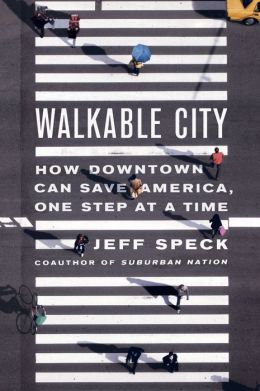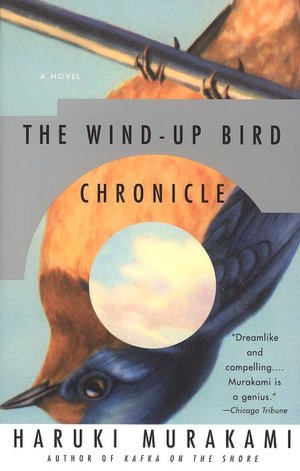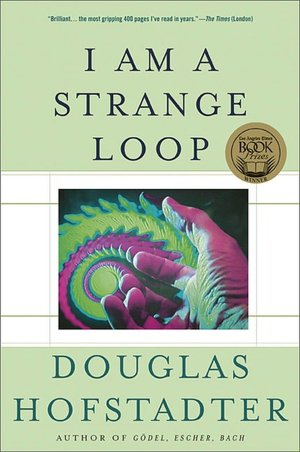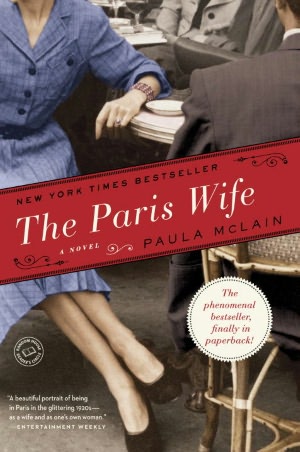Samantha Shorey is an essay writer and film photo taker from Portland, Oregon. She recently moved to a small New England town to get her masters studying communication and culture at The University of Massachusetts Amherst. Her current research focuses on the way people create authentic identities online. Samantha's blog Ashore looks at everyday life through metaphors and a camera lens, mostly in close-up. She believes photos should look more like memories and in Motown records on Sunday mornings. Even though I love (I mean, really love) browsing bookstores, back-cover paragraphs just don’t work for me. They’re all plot synopsis, and no “this book made me realize that love is the bravest choice!” or “this book made me ugly cry on public transportation.”
So, I asked my friends Laura and Meg for a recommendation over coffee at Stumptown in New York. Both of them are heart-stirring writers, and they’re my go-to girls for books that make me feel.
 After our chat and a little iPhone voice-memo magic, here are five books to make you feel hopeful, encouraged, understood, inspired, and interested---respectively.
After our chat and a little iPhone voice-memo magic, here are five books to make you feel hopeful, encouraged, understood, inspired, and interested---respectively.
Recommended by Laura Marie Meyers | Little Things and Curiosities

And really, I’m a sucker for the title. I love the ide of love walking in---as if it was somewhere else and then stepped through the door. Like Love was out doing it’s own thing and it wanted to drop in on you one day. Love walked in? “Oh! Hey, Love! It’s been a while, fancy seeing you here!”
Recommended by Meg Fee | The Wild and Wily Ways of a Brunette Bombshell
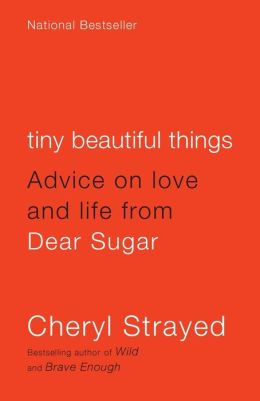
I think this book is so great because every time you think you know the advice she is going to give---it isn’t. Her advice just calls attention to what the person is actually telling her. They already know the answer. She tells people that they have to be guided by their truest truth, and that is an immovable thing.
Two of my favorite pieces of advice from her are: “every last one of us can do better than give up” and “we have to reach in the direction of the life we want.” I think about that last one a lot. Real change is happening on the level of the gesture. It’s one person creating a tiny revolution in their own life.
Recommended by Samantha Shorey | Ashore
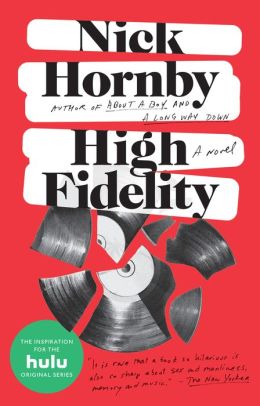
Walkable City: How Downtown Can Save America, One Step at a Time by Jeff Speck Walkable City is the perfect book for cocktail party conversations with the hip and urban. After reading it, I’ve started quite a few sentences with “did you know _____?”. (Did you know that additional highway lanes often make congestion worse because of “induced demand”?). Being from Portland, Oregon, I have first-hand experience with a lot of the things that Speck says make a city walkable---and ultimately, wonderful. His argument is so compelling because it has less to do with buying into “being green” and more to do with the tangible things that make life better. Cities have corner coffee shops, chance encounters on the sidewalks, easy errands, and less time spent in traffic. All of these are the reasons why cities like mine and San Francisco, Chicago, New York and even Charleston are attracting disproportionate numbers of the bright and creative.

Slouching Towards Bethlehem by Joan Didion I’m pretty sure Joan Didion is my spirit animal! Slouching Toward Bethlehem is a collection of her essays about California and the counter-culture movement, written in the style of “New Journalism”. It isn’t removed third-person newspaper writing---her sentences have such extraordinary presence and clarity. She’s inspiring to me as a researcher too, because she’s acutely interested in the way people live their every day lives.
One of the personal essays in this book, On Self Respect, is the most important piece of non-fiction I’ve ever read. In it she writes “People with self-respect have the courage of their mistakes. They know the price of things.” Without it “we are peculiarly in thrall to everyone we see, curiously determined to live out . . . their false notion of us.” As a people-pleaser, it’s a bit of tough love that I’ve always needed.




